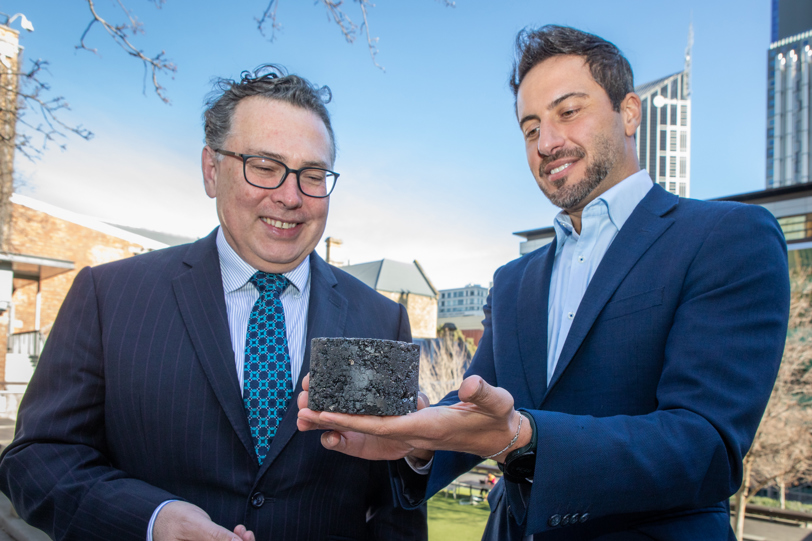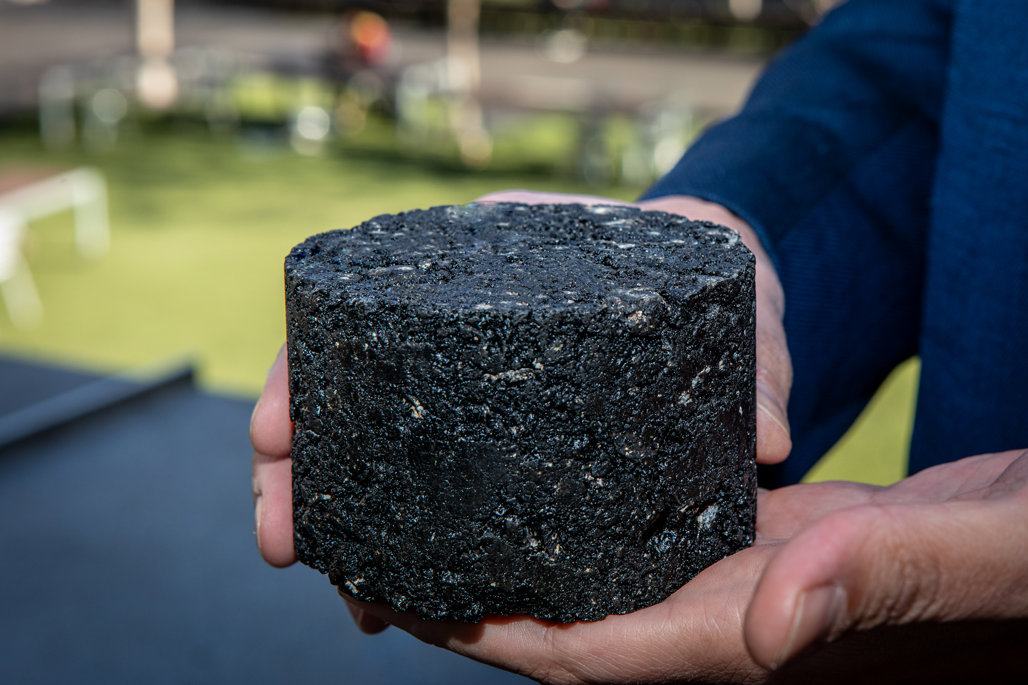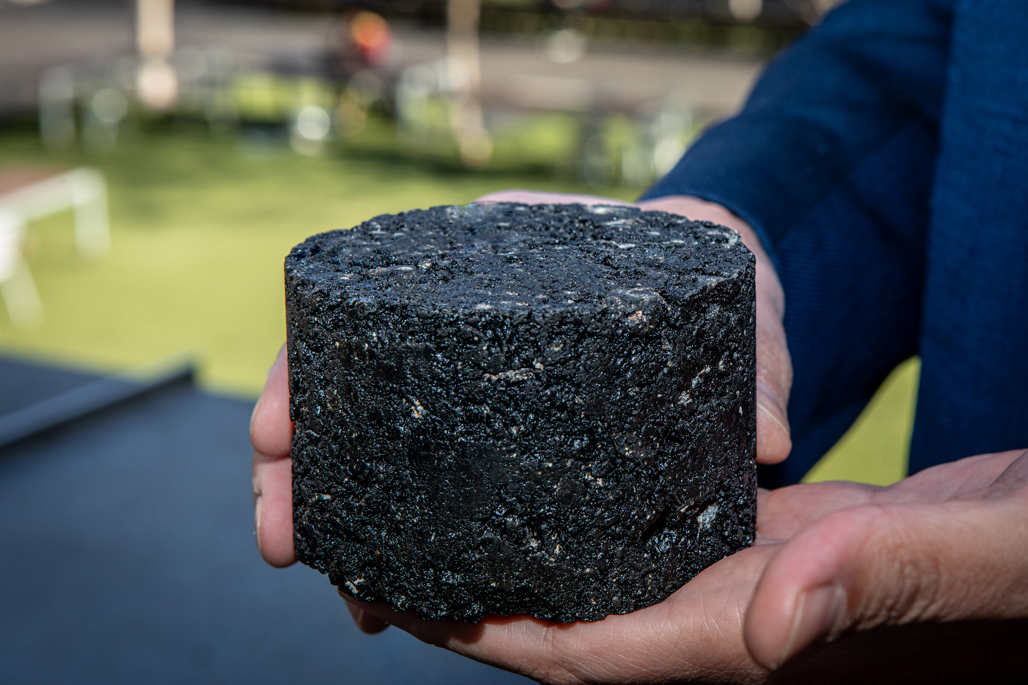Austroads, a collective of NZTA Waka Kotahi and 10 Australian roading authorities, has funded a study that shows recycled plastic could make an ideal "performance enhancer" for asphalt.
It found recycled plastic asphalt mixtures had 150 per cent less cracking and 85 per cent less deformation under pressure testing than conventional surfaces.
The laboratory studies conducted by the RMIT University School of Engineering in Melbourne for Austroads have now led to a trial project to incorporate consumer and industrial waste, including "notoriously stubborn soft plastics", into road surfaces.
“These studies tell us that adding specific types of plastic in the right way can generate greater rutting and fatigue resistance,” says RMIT project lead, Associate Professor Filippo Giustozzi.
“In some instances, the performance of the mix was similar to some of the more expensive polymers used in roads and substantially higher than conventional asphalt mixes.”

A partnership between Austroads and Victorian councils in Australia will now translate the findings into applied solutions.
New roads mixed with recycled plastics at 10 sites across Victoria will demonstrate a viable circular-economy solution, experts say.
Giustozzi has also been charged with producing guidelines for widescale adoption of the technology.
The City of Melbourne and nine suburban and regional councils will lead the way, each having sections of recycled road up to 900 metres long paved over coming months.
The 10 project sites will use an estimated 21,000kg of recycled plastic, but the potential scale of this solution is considerable, says Giustozzi.
Along with Austroads, the collaboration includes pavement authorities and specialists, including public works and building bodies, recyclers and contractors.
The RMIT study was also supported by the Australia Research Council and 10 other Victorian authorities. It was originally published in Science of the Total Environment.





